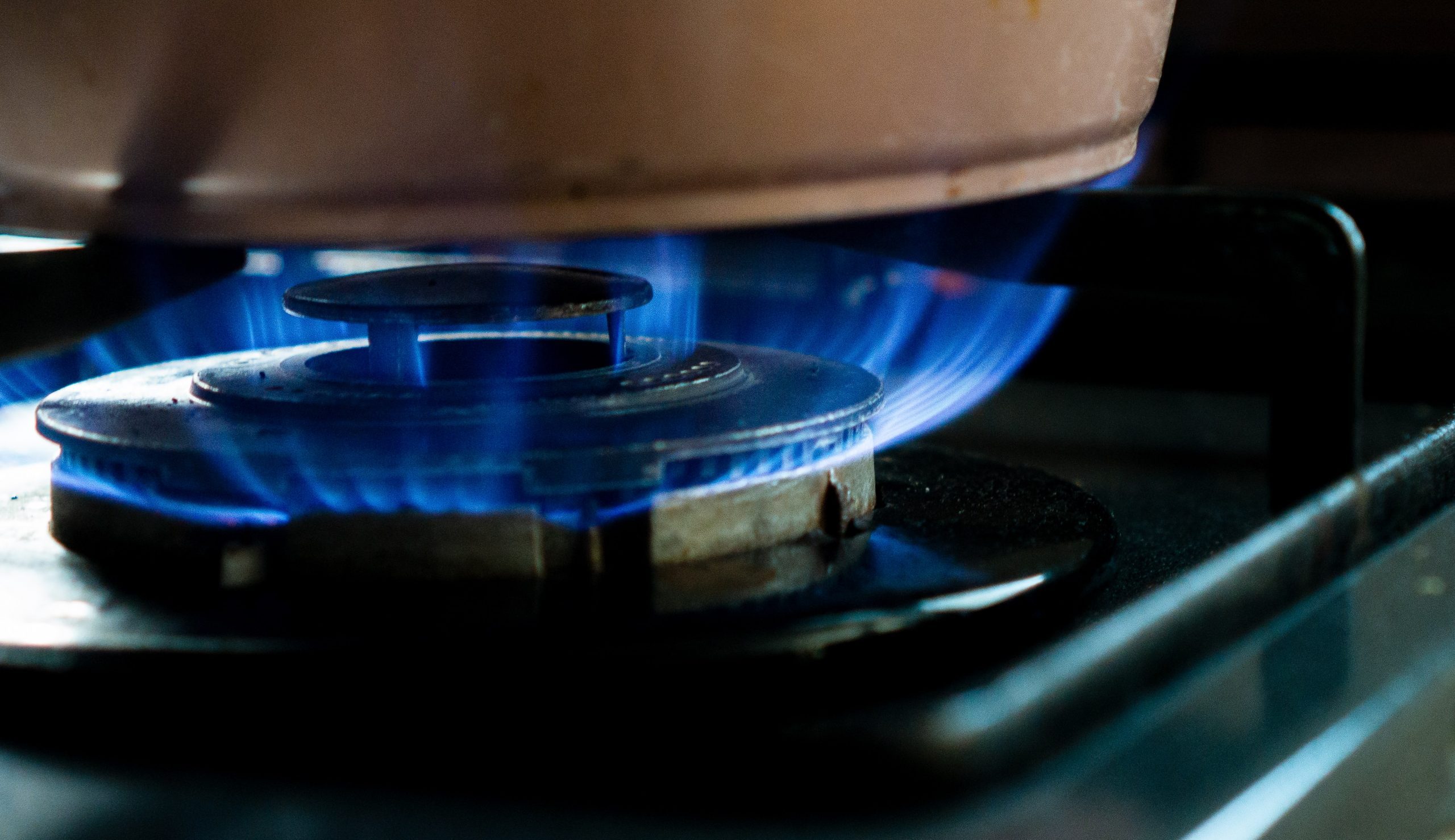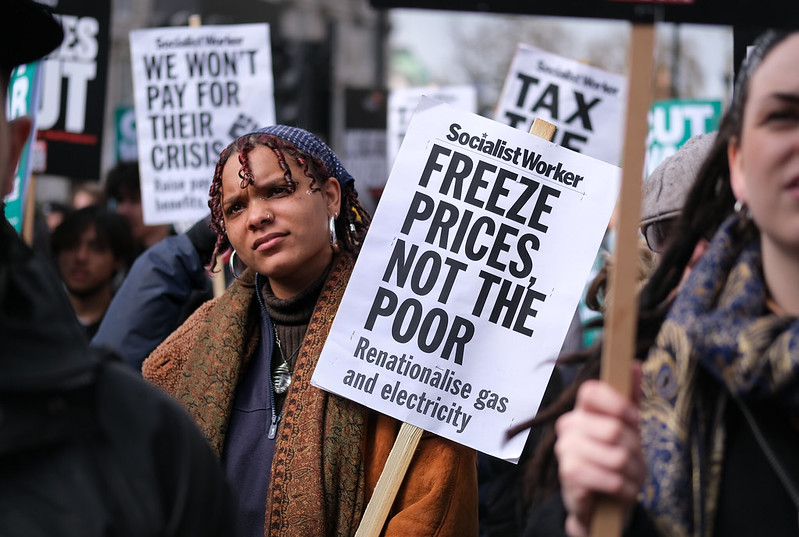The newly appointed prime minister, Liz Truss is reported to be considering a lengthy freeze on energy bills for homes and businesses. Awaiting the roll-out of further support amidst an energy and cost of living crisis, we look at the schemes that might be available to you now. Here are some of the national schemes you are may be entitled to alongside how you can find local support in your area.
Under Article 11 of the International Covenant on Economic, Social and Cultural Rights (ICESCR), everyone has the right to an adequate standard of living, which could be affected by fuel poverty.
Many of the schemes we are about to mention may sound similar, but they do differ and have differing eligibility requirements. Citizens Advice has urged everyone to read about what they need to do to claim payments, as some are received automatically. The organisation has also put together advice about how to spot ‘fuel scams’.
The Energy Bills Support Scheme
The government will give every household £400 off their electricity bill. This is called the Energy Bills Support Scheme and under it you should receive £400 in six instalments starting from October 2022. You should get the discount monthly, even if you pay for your energy quarterly or use a payment card.
If you pay by direct debit, your supplier will either reduce your direct debit amount or refund the money to your bank account each month. However, Citizens Advice has urged you to contact your supplier if you can’t see the deduction on your bill, or the refund in your bank statement. If you have a smart prepayment meter, the payment will be added directly to your smart meter in the first week of each month, or if you are on a traditional prepayment meter you’ll get a voucher from your supplier .
It’s important to protect yourself and others from energy scams. Citizens Advice has published some great information to help you identify if situation is likely to be a scam.
Cost of living payments
According to the government, if you are a pensioner who’s eligible to receive the Winter Fuel Payment, you should automatically receive an extra £300 Pensioner Cost of Living Payment top-up this winter.
Disability benefits claimants who have received the following benefits since 25 May 2022 are also entitled to receive a one-off Disability Cost of Living Payment of £150.
Claimants on means-tested benefits receiving the following benefits should automatically receive a one-off Cost of Living Payment of £650. If you have not received a Cost of Living Payment you can report it here.
If you are facing debt because you are unable to pay your energy bills, there are some debt relief schemes recommended by the government that may be able to help.
Winter Fuel Payment
If you were born before 25 September 1956 you may be eligible to receive between £250 and £600 to help you pay your heating bills under the Winter Fuel Payment Scheme.
How much you receive is dependant on your circumstances. According to the government you will receive this automatically and will not need to apply for it. The payment is between £150 and £300. You’ll only get this extra amount in winter 2022 to 2023. This is in addition to any Cost of Living Payment you get with your benefits.
The government have urged people to contact the Winter Fuel Payment Centre if you have not received your payment by December.
Cold Weather Payment
The Cold Weather Payment is different to Winter Fuel Payments. Starting from 1 November 2022, if the temperature in your local area drops or is forecasted to drop to below o°C for a seven-day period or longer, you may be entitled to Cold Weather Payments.
If you currently receive pension credit, income support, income-based Jobseeker’s Allowance, income-related Employment and Support Allowance, Universal Credit or support for mortgage interest then you’ll be eligible.
If you are eligible, you will receive £25 for each seven-day period of very cold weather between 1 November and 31 March 2023.
Council tax rebate
If you pay council tax and your bracket is between A and D, you may be entitled to a £150 tax rebate per household. You are still entitled to a tax rebate if you get a Council Tax Reduction, including a full reduction, and your home is in bands A to D, or if you currently get a Disabled Band Reduction discount and your home is in bands A to E. You are also entitled to a tax rebate if you are ‘subject to immigration control’ and your biometric residence permit says ‘no recourse to public funds’.
If your bank is overdrawn, Citizens Advice says: “You can ask your bank to use this £150 rebate to pay your energy bills instead of paying off your overdraft. This is known as ‘exercising your first right of appropriation’.”
If you don’t use gas and electric but rely on liquefied petroleum gas (LPG), wood or coal, or are not on the gas grid, you may also be entitled to a fuel voucher. However, you will need to show that you soon won’t be able to afford to heat your home. If that’s the case then you’ll need to speak to a Citizens Advice advisor, who will be able to apply for the voucher for you.
Support with meals
Food banks across the UK typically ask for a referral from a social worker, GP or the local job centre, so it can be useful to request this as quickly as possible if you think you might need to use one. Food banks usually provide items that can be prepared by adding hot water rather than being heated with an oven or stove.
The Trussell Trust is one of the largest food bank organisations: you can find its map of food banks here. However, there are lots of independent food banks up and down the UK so you should check your local authority or council websites to find your nearest.
Many people would not be fed without the help of local communities, including faith groups. Some also run food banks or will provide meals for people regardless of their religion. You can get a list of the communities providing meals in your area from a social worker or by contacting your local authority.



